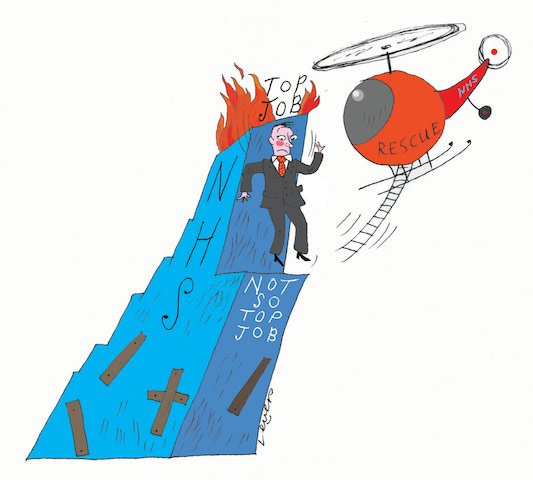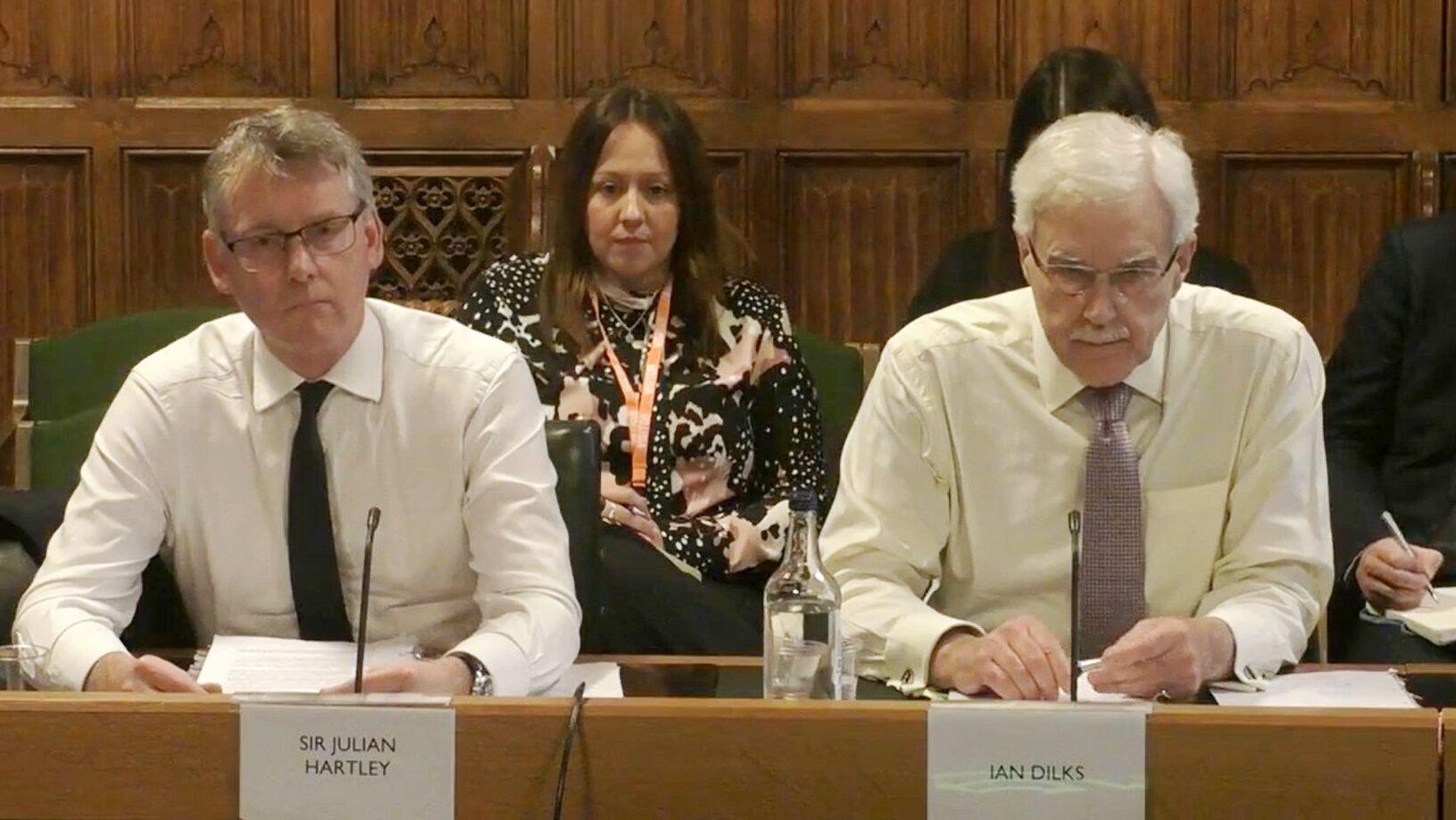Stepping down but staying on
The NHS’s redeployment policies are hugely wasteful of both management talent and public money, argues one MiP member.
When I had to leave my role as a senior manager, I discovered that the NHS has a well-used but little-known system for easing people out of top jobs. And I learned that it doesn’t work well for anyone: trusts, our healthcare system, managers, patients or the taxpayer.
It’s quite common for senior leaders to have to step down, even when there are no performance issues and they haven’t risked patient safety. Sometimes, people simply end up in jobs that aren’t right for them. And just as often, managers faced with difficult change projects take on tasks that prove impossible to accomplish.
My case is typical. Individual hospitals are being grouped together in larger organisations, centralising specialist care and closing some common services with overlapping coverage. And the timetables for these ambitious reforms are sometimes built around political cycles, rather than good medical care or change management. So I ended up overseeing a major change programme – but the deadline was unrealistic and we couldn’t recruit enough experienced medics. We eventually got things under control; but system leaders wanted a change of leadership, believing that would draw a line in the sand and signal a fresh start.
Sideways moves
In the private sector, I’d have been given a fat pay-off and sent on my way. But in UK public healthcare it’s not acceptable to spend taxpayers’ money that way, and departing managers have nowhere else to go: the NHS is the only game in town. So I was offered a sideways move into a national role at NHS Improvement: the agency responsible for improving practice across the health service.
I soon learned that most such roles are one-year contracts, where people do useful work that is rarely followed through into delivery. Working there, some people eventually move into senior roles elsewhere in the system. But many, wounded by their treatment and unsure of their chances in the job market, use the role as a springboard into interim work; the NHS is desperately short of skilled, experienced leaders, so it pays them £1,000 a day to plug gaps in its management structures.
Many people offered one-year jobs at NHS Improvement would be willing to take a less senior job with their current employer, if it meant a permanent job and the chance to stay in the locality. But few are offered this option, and there’s a stigma attached to dropping grades. It’s seen as a sign of personal failure, and there’s an expectation that careers only ever go upwards – which, in these days of long careers and merging organisations, isn’t realistic.
Impossible jobs
Political and system leaders need to recognise that these people still have skills the NHS needs. Failing in an impossible job is a verdict on the job, not the person. These managers are trying both to keep their staff happy and push through the systemic changes required by national policymakers. The NHS needs to reform, and ministers have a democratic mandate to reshape the system; but currently, the best way to protect your career is to keep your head down, build support among your staff, and resist risky reforms.
It seems obvious that if the NHS wants people to be ambitious in these very difficult jobs, it shouldn’t push those who run into trouble into temporary non-jobs – and thence into an interims market where the NHS must rent their skills back at exorbitant cost.
Keeping good managers
Instead, national leaders need to do everything they can to retain good managers by offering them permanent employment in less high-profile roles. Then people would be more willing to take on the most difficult jobs, and there would be less gaps in management grades. That, in turn, would cut the interims bill and improve continuity in organisations that can ill-afford excessive staff costs and unstable leadership.
The Sharp End is your chance to tell politicians and civil servants how their policies affect your work and your organisation. A version of this story was also published in the Guardian. To work with a reporter on your own story, email editor@healthcare-manager.co.uk. When requested, anonymity is guaranteed.
Related News
-

Regulating the managers: more questions than answers
The Labour government’s plans for regulating NHS managers are still shrouded in mystery, and the three options on the table each have their pros and cons. Rhys McKenzie weighs up the choices and gauges the views of MiP members on the best way forward.
-

The inspector falls: why the CQC needs a fresh start
After years of chaos, the Care Quality Commission urgently needs to rebuild trust and credibility with the public and the services it regulates. What needs to change and what are the priorities for new boss Sir Julian Hartley? Alison Moore reports.
-

Voice, value and vision: what analysts need from the NHS
Data analysts play a vital role in an NHS which is increasingly data-driven and focused on public health trends. But the NHS faces fierce competition for skilled analysts and many feel the health service fails to value them or fully use their talents. Alison Moore reports.